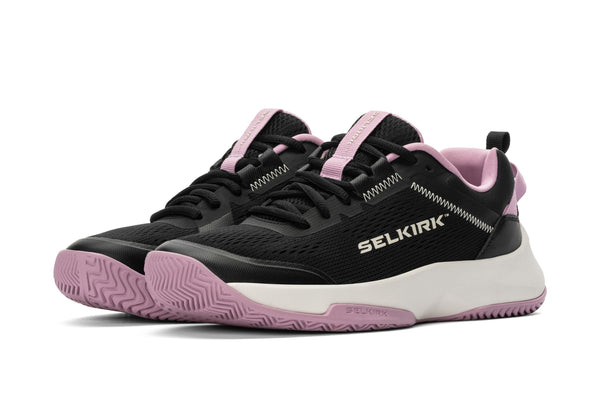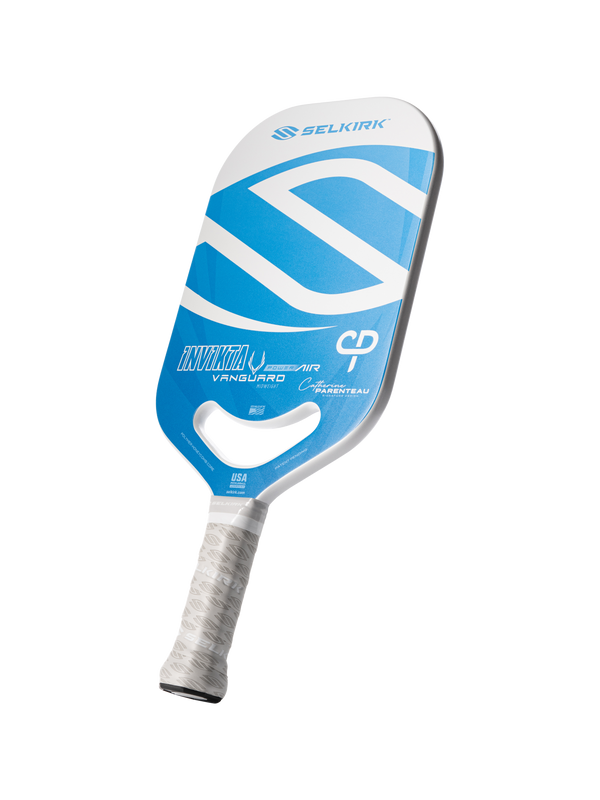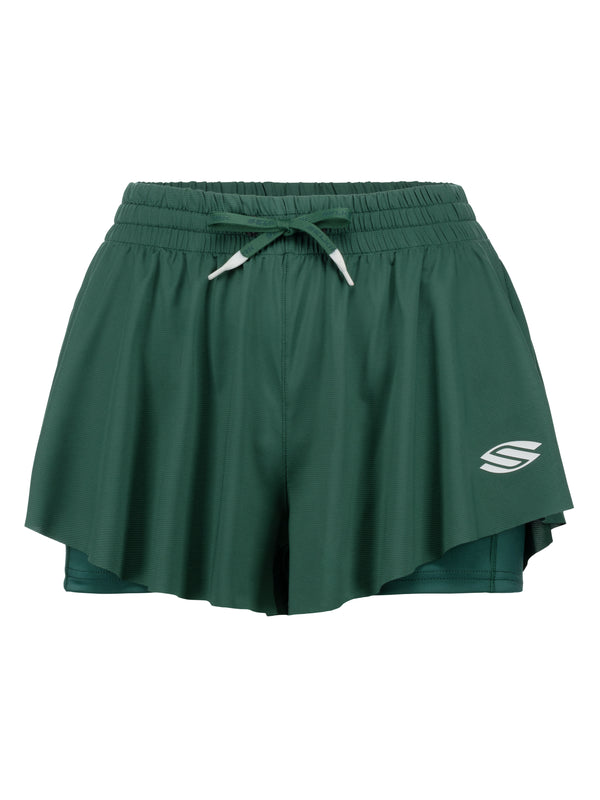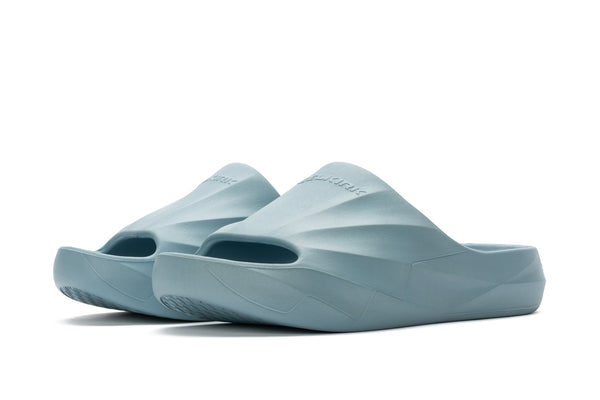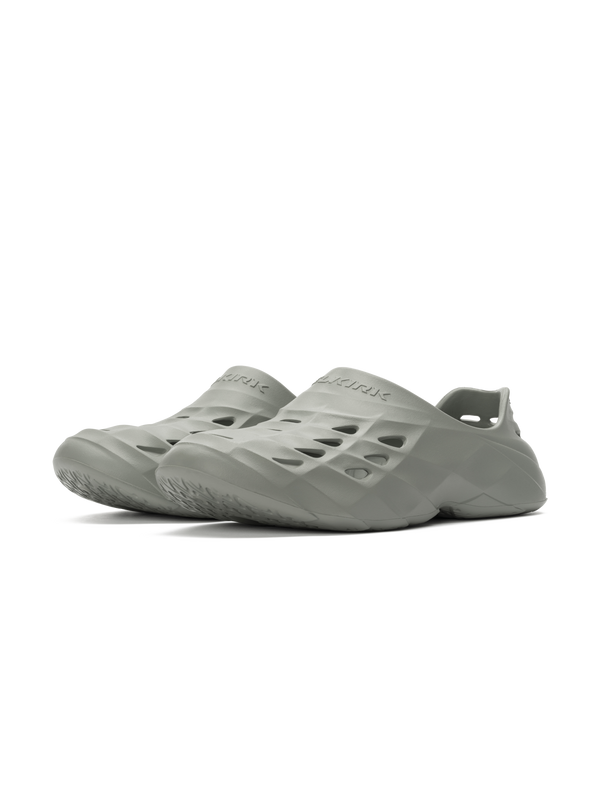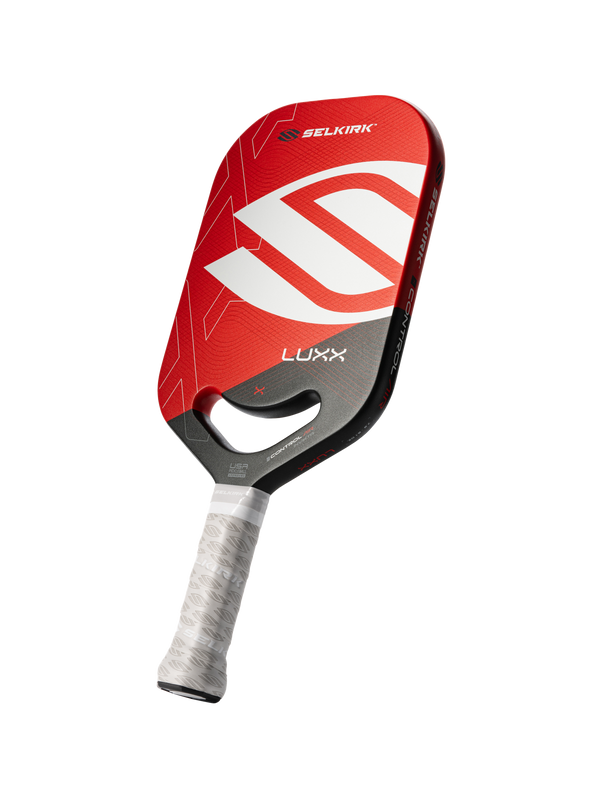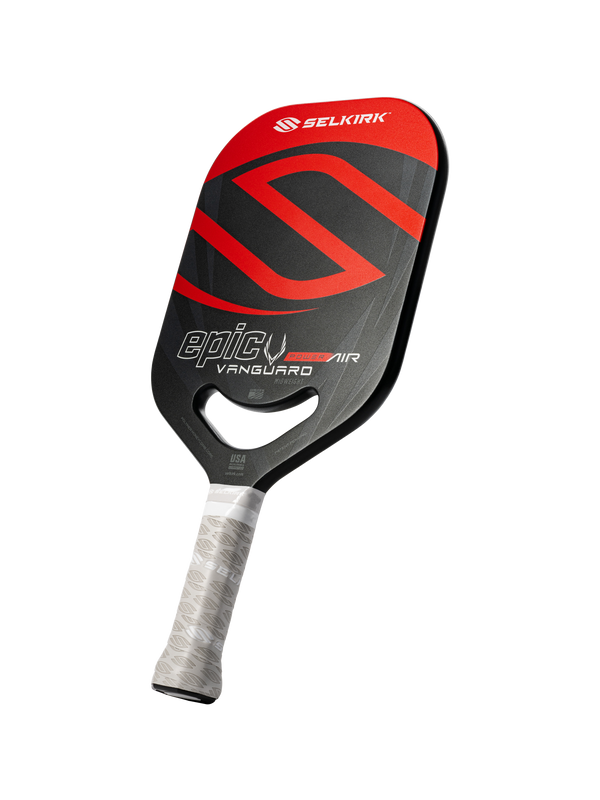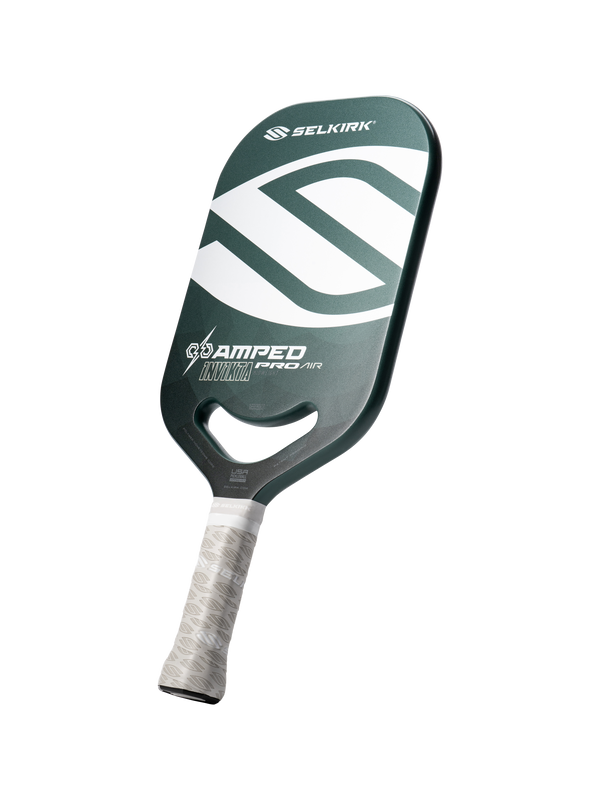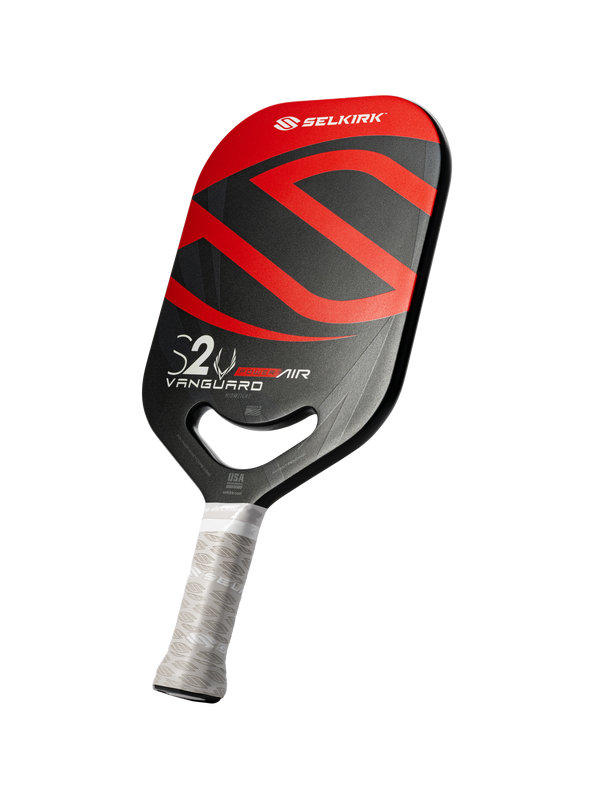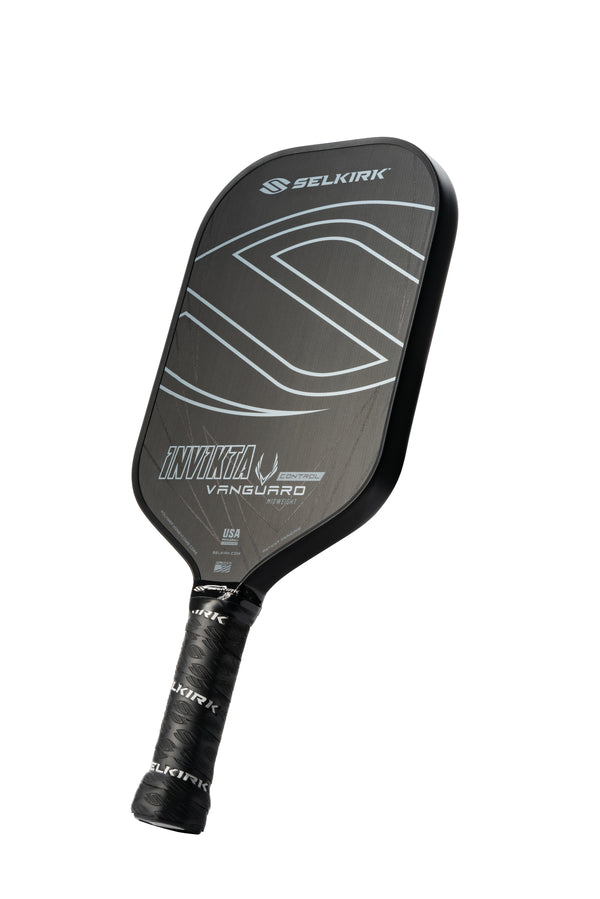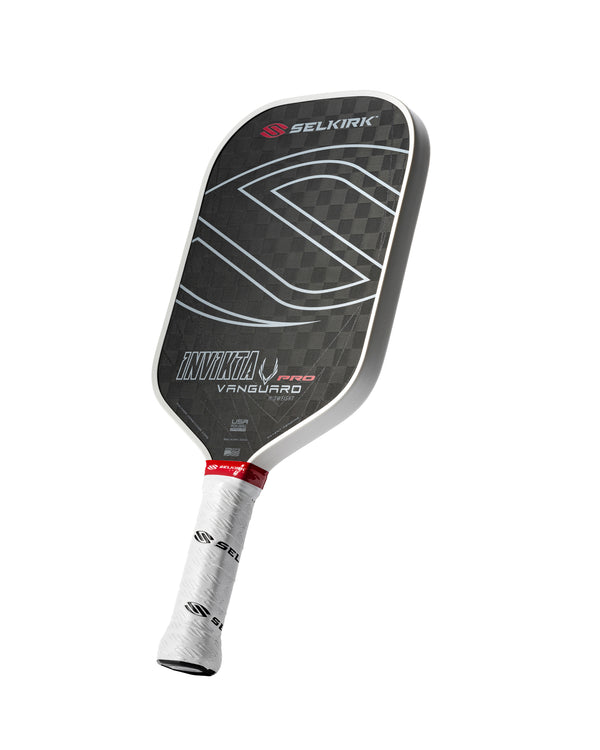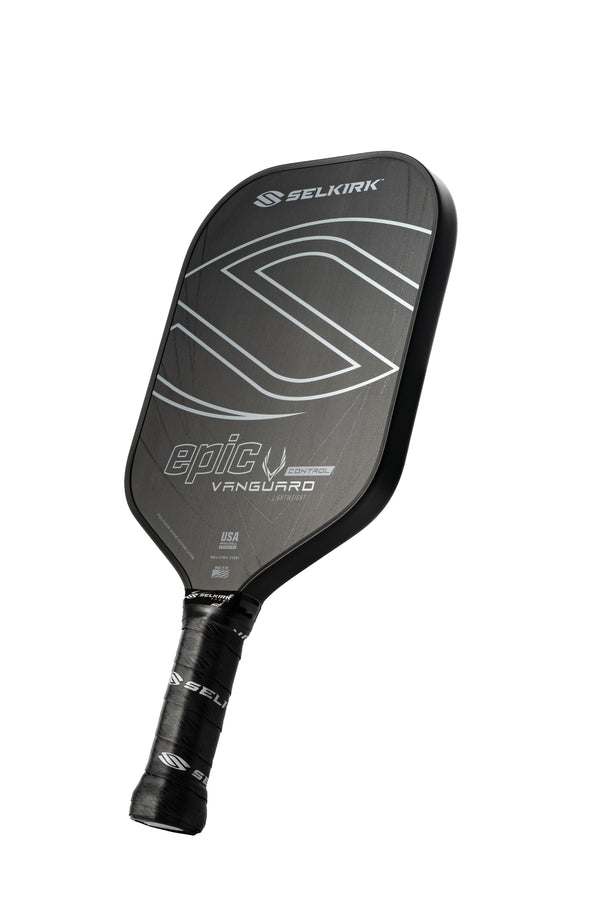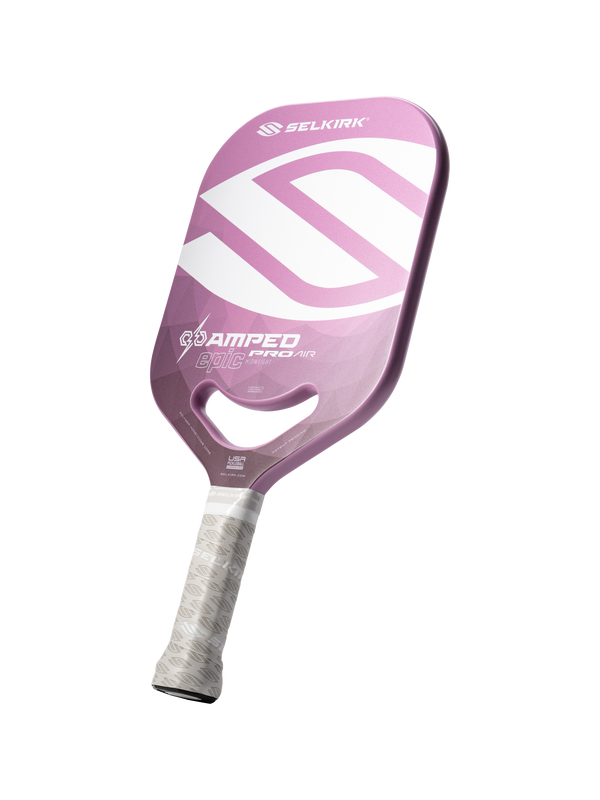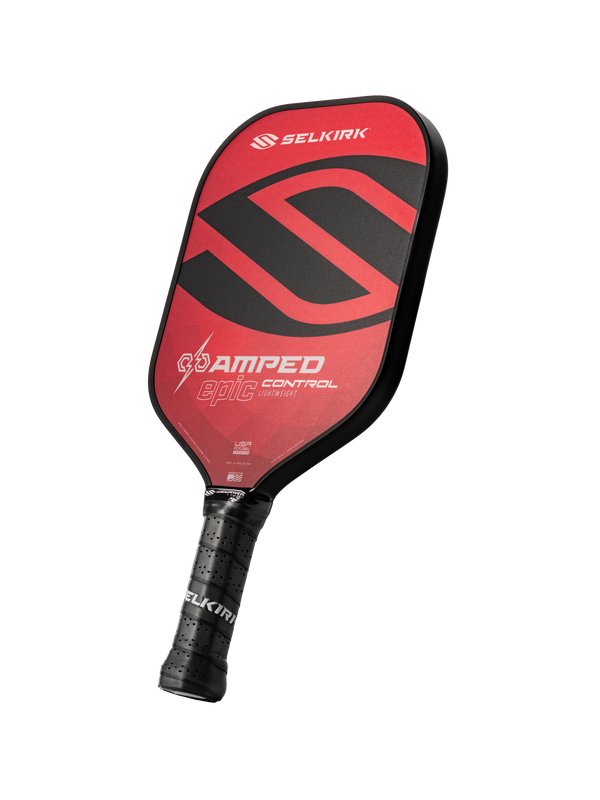
Everyone who plays pickleball knows the importance of the third shot drop. This shot, which is completed on the third shot of the game, lands in your opponent’s non-volley zone to allow you and your partner to advance to the kitchen line.
But in high-level pickleball, it’s not enough to solely execute a third shot drop. You need to place the third shot drop strategically to allow you and your partner to advance forward on the court.
In this high-level pickleball episode, Dominic Catalano shares tips for third shot drop placement and drills to help you improve yours.
Where to place your third shot drops
Think of your third shot drop as an extended dink. You want to place your third shot drops in the same areas as your dinks to help put pressure on your opponents.
Aim for the back third of the kitchen at your opponent’s feet. Also aim for weaker areas, such as your opponent’s backhand and non-dominant foot.
The goal is to keep the ball low over the net, about eight to ten inches. If you can accomplish these placements, it will force your opponent to let the ball bounce, giving you the vital time you need to advance forward.
When to move to the kitchen line after a third shot drop
Let’s face it, not every third shot drop will be a winner. So, you won’t always be able to advance to the kitchen line right after your third shot.
It’s important to recognize when it’s safe to move forward. Though it may sound strange, one of the easiest ways to recognize a good drop is to pay attention to your opponent’s headwear.
Most pickleball players wear some type of hat — if yours isn’t wearing one, just imagine they are. Now, after you hit your drop, pay attention to your opponent’s hat.
If they have to drop their eye level to see the ball, you’ll likely be able to see the button on the top of their hat. Think of their hat button as a “go button.” Once you see that button, it’s your sign that it’s safe to move forward.
If your opponent has to drop their head, they are likely going to let the ball bounce. And, if their eyes are focused on the ground, your opponent will not see you advancing forward.
Progressive drills to master your third shot drop
Mastering the third shot drop is no easy task, but doing so will take your game to the next level. Work your way through these drills to improve your third shot drop.
Drill 1: Drops from the baseline
Start with one partner at the kitchen line and one at the baseline. The partner at the kitchen line should be a cooperative partner, feeding balls to the player at the baseline.
The player at the baseline should work on their third shot drops. Make sure to use a controlled swing path and push through your legs to execute your shots. Focus on dropping your shots to the back third of the kitchen, switching up the placement.
Take notice of where your shots land. Can your partner easily take the balls out of the air? Which shots do they struggle to reach? Which shots made them drop their eyes to the ground?
Drill 2: Drops to advance to the kitchen
Once you are comfortable with your drops, it’s time to try advancing to the kitchen. Start the drill in the same way, but once you hit a strong drop, advance.
It may take you several drops to work your way through the transition zone to the kitchen line — that’s OK. If you hit a high ball, stay back until you earn your opportunity to move forward. Keep playing until someone wins a point.
Take note of what you did when you were successful and also when you moved when you shouldn’t. Make adjustments as necessary.
Download the Selkirk TV app HERE to watch the complete episode and many other Selkirk TV original shows, podcasts, lesson series from the pros, and much more.



